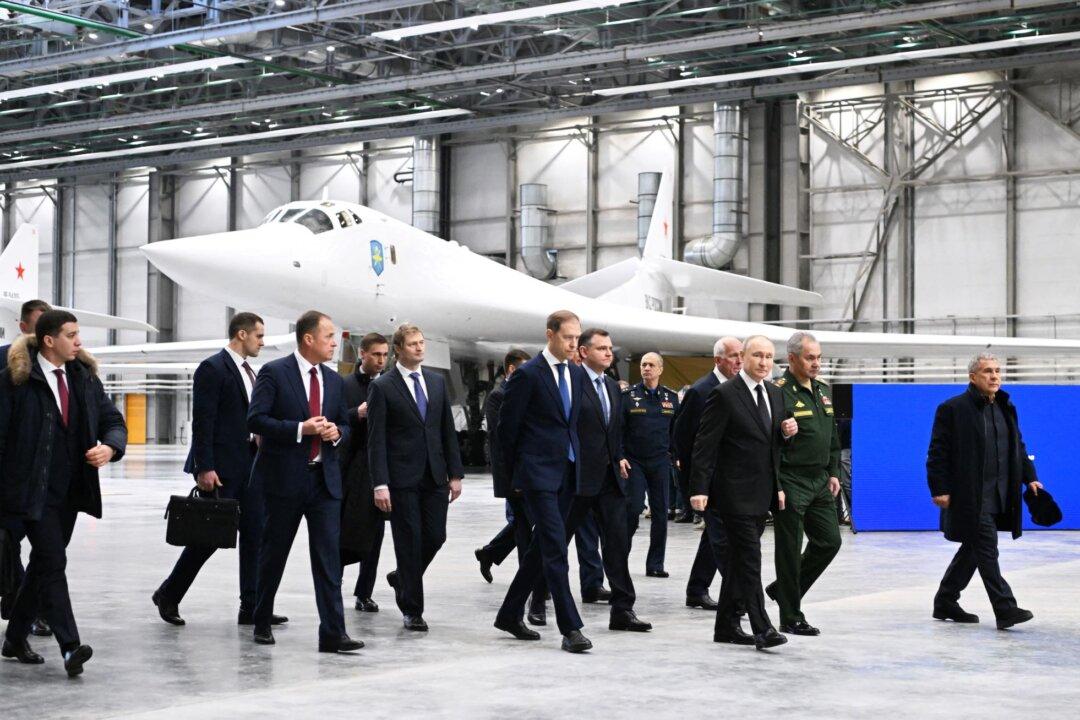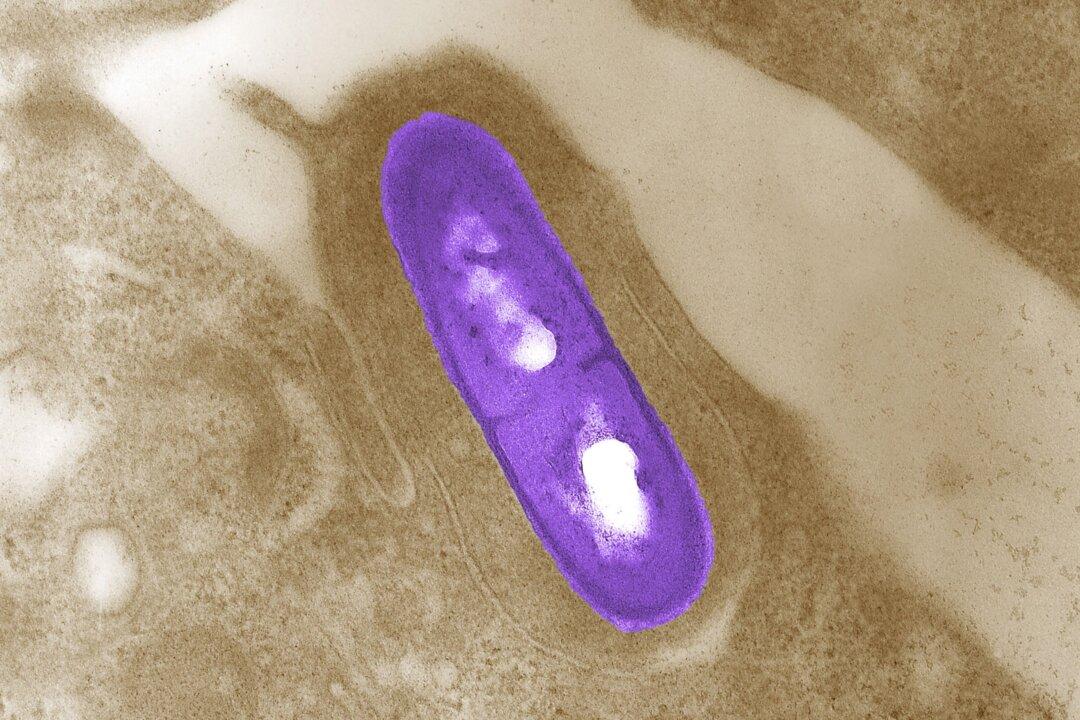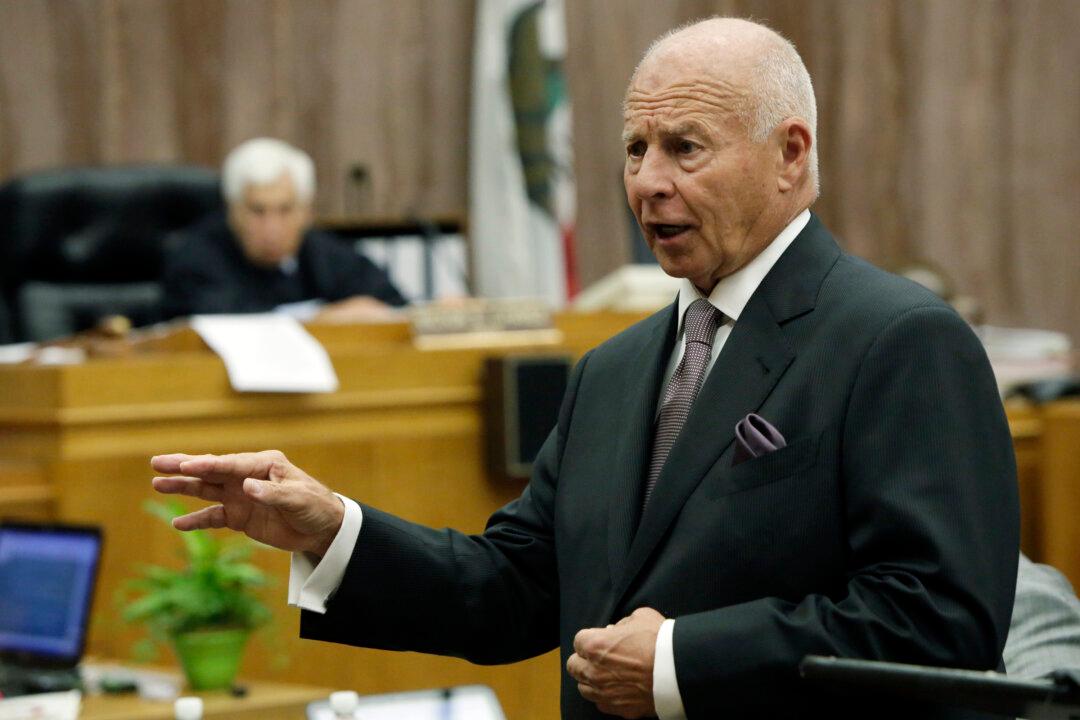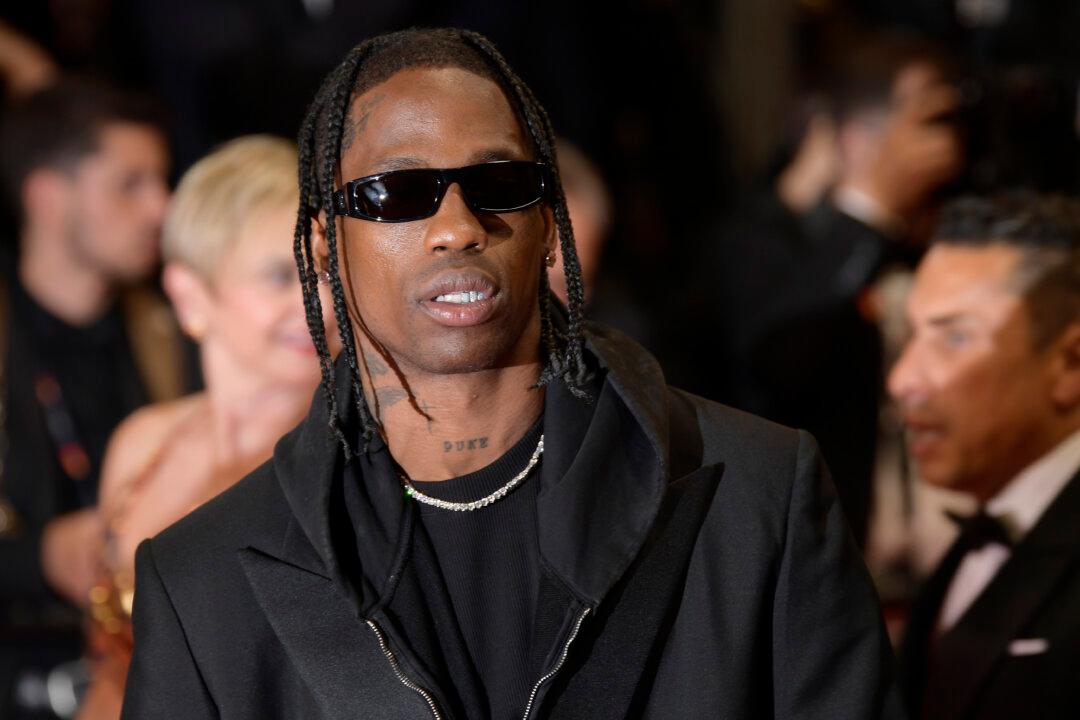Russian President Vladimir Putin has declared that his country has no intention of expanding a nuclear program in space.
His statements came on Feb. 20, after the White House confirmed last week that Russia has acquired what officials referred to as a “troubling” anti-satellite weapon capability, despite these weapons not yet being operational, according to unconfirmed intelligence reports.




